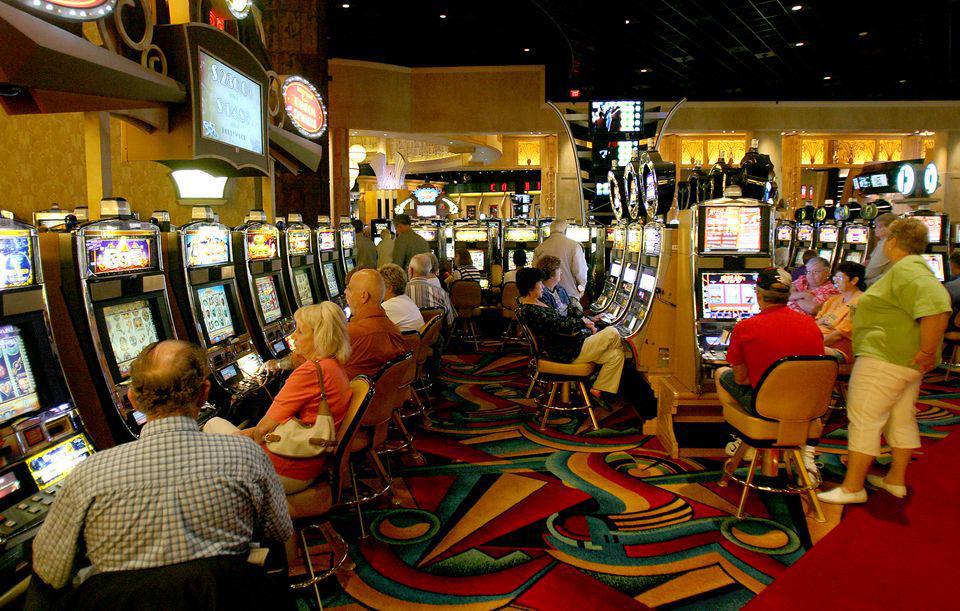Indiana Casinos Fight to Stay Above Water, Look to State for Help
Posted on: April 4, 2017, 04:15h.
Last updated on: April 4, 2017, 03:46h.
With declining revenues and fewer people gambling over the past 10 years, Indiana’s 13 casinos are facing hard times. Now they are jointly lobbying the state legislature to bail them out.
But some state lawmakers aren’t so willing to open up the checkbook and are looking at ways to make the facilities more self-sufficient.

Current House Bill AB 1350 is making its way through the governing body and is attempting to satisfy both the businesses and the Hoosier State’s need for tax dollars. Senate Appropriations Chairman Luke Kenley, (R-Noblesville) told The Republic that the two must find a way to coexist.
“We’re in essence partners with this industry whether we like it or not,” Kenley said. “We want to keep them healthy, but we want them to pay a lot of taxes to the state of Indiana.”
Facing Stark Reality
Since 2007, the number of people patronizing these companies has dropped down 40 percent to 16.7 million. Not surprisingly, tax revenue has also fallen in the same time period. It is down 30 percent to $600 million.
Ten years ago the state enjoyed somewhat of a monopoly and with casinos located near borders, were attracting out of town customers. Now with Ohio and Michigan providing closer options, and Illinois considering a location near the Indiana line, the once ironclad grip on consumers has loosened.
Sen. Jon Ford, (R-Terre Haute) sees this as the main reason an adjustment is going to have to be made.
“We’ve lost the Ohio border, we’ve lost the Michigan-Indiana border, and now Illinois is aggressively coming after us,” he said.
Making More with Less
AB 1350’s main provision is eliminating the $3 per-person admissions tax imposed on the state’s riverboats and replacing it with a supplemental tax capped at 3.5 percent on a casino’s adjusted gross receipts. Officials say the tax is outdated and if someone is staying at the hotel and then entering the casino, the resort is getting double taxed on the same person.
Legislators mostly agreed upon that part, but the hold harmless funding section has been contentious. Hold harmless funding is the amount of money given to communities that have establishments in their area.
Originally there was a call to reduce the $48 million amount doled out to cities and counties, but it was put back in the Senate version and a fight has evolved on whether it should stay or go. It is yet to be seen which side will win the debate.
No comments yet